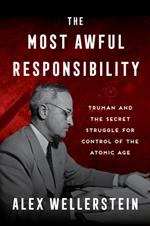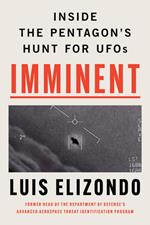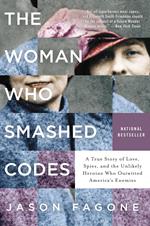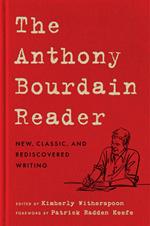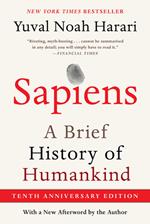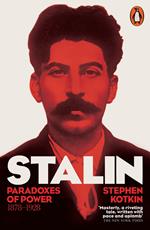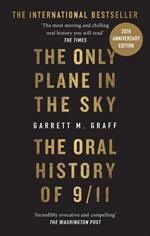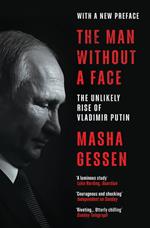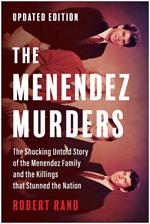-
The Most Awful Responsibility
Venditore: Feltrinelli18,29 € -
León XIV
Venditore: Feltrinelli10,99 € -
Sapiens
Venditore: Feltrinelli12,47 € -
107 Days
Venditore: Feltrinelli16,90 € -
Imminent
Venditore: Feltrinelli17,15 € -
Colour Bar
Venditore: Feltrinelli9,49 € -
107 Days
Venditore: Feltrinelli19,12 € -
The Woman Who Smashed Codes
Venditore: Feltrinelli5,71 € -
Finding My Way. Ein Memoir
Venditore: Feltrinelli20,99 € -
The Anthony Bourdain Reader
Venditore: Feltrinelli17,15 € -
Becoming Bulletproof
Venditore: Feltrinelli16,90 € -
Emily Dickinson's Gardening Life
Venditore: Feltrinelli9,99 € -
Sapiens [Tenth Anniversary Edition]
Venditore: Feltrinelli16,01 € -
Virginia Woolf: The Complete Works
Venditore: Feltrinelli0,99 € -
A Room of One’s Own and Three Guineas
Venditore: Feltrinelli4,46 € -
Young Stalin
Venditore: Feltrinelli3,99 € -
Verse by Swipe: The Birth of BookTok
Venditore: Feltrinelli5,99 € -
La loca de la casa
Venditore: Feltrinelli7,99 € -
Stalin, Vol. I
Venditore: Feltrinelli10,99 € -
Hell of a Book
Venditore: Feltrinelli3,99 € -
An Autobiography
Venditore: Feltrinelli9,49 € -
The Only Plane in the Sky
Venditore: Feltrinelli5,99 € -
The Man Without a Face: The Unlikely Rise of Vladimir Putin
Venditore: Feltrinelli11,85 € -
The Menendez Murders, Updated Edition
Venditore: Feltrinelli11,27 € -
Healing Resistance
Venditore: Feltrinelli8,62 €
Informazioni sull’ordinamento
Vengono mostrati per primi i prodotti che rispondono a questi criteri: rilevanza rispetto alla ricerca, dati di venduto, disponibilità, data di pubblicazione, tipologia di prodotto, personalizzazione ad eccezione delle sponsorizzazioni.
